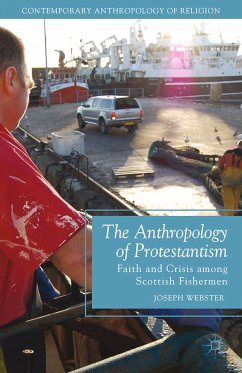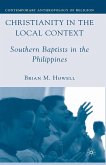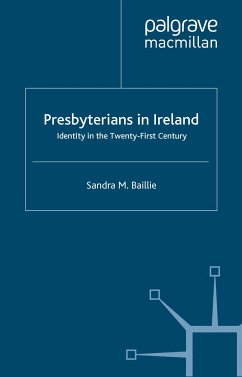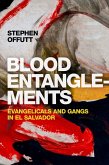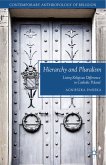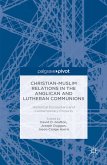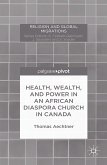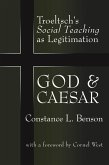Dieser Download kann aus rechtlichen Gründen nur mit Rechnungsadresse in A, B, BG, CY, CZ, D, DK, EW, E, FIN, F, GR, HR, H, IRL, I, LT, L, LR, M, NL, PL, P, R, S, SLO, SK ausgeliefert werden.
Hinweis: Dieser Artikel kann nur an eine deutsche Lieferadresse ausgeliefert werden.
'An innovative attempt to understand the relationship between language and materiality in terms of the Protestant doctrine of consubstantiation . . . The Anthropology of Protestantism enriches the engagement between anthropology and theology, and is a valuable contribution to the anthropology of Christianity and the study of language and materiality. It deservesto earn a wide readership.' - The Anthropology of Christianity Bibliographic Blog
"Webster's timely and fascinating book takes us inside the world of an austere traditional community of Protestant Brethren who must confront the radical economic and ecological crisis of the contemporary fishing industry, but with their gaze always fixed on the End of Days. The Anthropology of Protestantism takes us beyond the established study of Pentecostal and charismatic churches, and offers compelling ethnographic and theoretical insights into contemporary Protestantism." - Fenella Cannell, PhD, Social Anthropology, London School of Economics and Political Science, UK
"This is quite simply the most compelling, rounded account of the lives of fundamentalist Christians that we have in the anthropological literature. All that is important to the Christians of this Scottish fishing village is here the prayers, the sermons, the sense of human degradation and potential salvation, the immanence of the divine, the imminence of the end times, and the drive to proselytize everywhere, even in the midst of hard and dangerous work at sea. And of course the importance of divine word is here too, in a profound account of the 'sincere' bible reading and speaking that ties these lives together. Concluding with a stunning reconceptualization of modern enchantment as consubstantiation, this elegantly written and powerfully argued book should be read by anyone who wants to know how such demanding forms of Christianity are lived in the contemporary world." - Joel Robbins, Department of Anthropology, University of California, San Diego, USA

